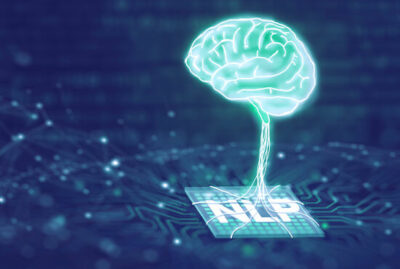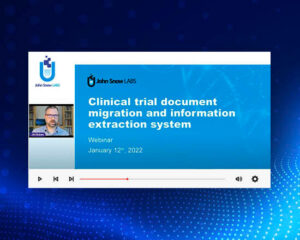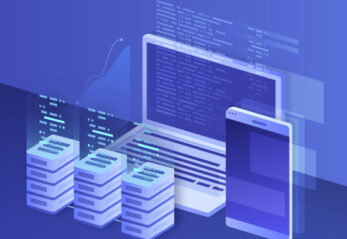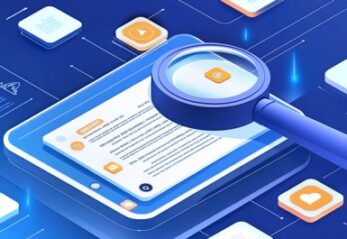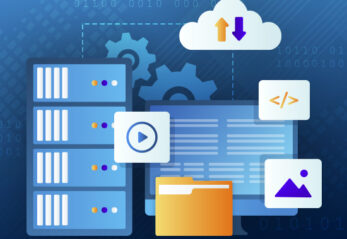Scientists discover and become famous. Engineers invent and are recognized for their inventions.
Entrepreneurs innovate, creating businesses that simply follow in the path of discoveries and inventions. Electricity is the scientific discovery that is the origin of modern-day data science. About 200 years ago several engineers began working on machines that created electrical sparks. They connected their simple spark-generating machines with wire. In 1844, Samuel Morse achieved recognition for his telegraph machine and Morse Code by demonstrating its long-distance communications capability. He and others electrified data. “Electric data” rivals the discovery of “fire” in terms of advancing human civilization. The message, that Morse sent in his 1844 demonstration was “What hath God Wrought?” suggesting he understood the transformational nature of his work.
The telegraph solved a communications problem. A group of entrepreneurs commercialized this technology: Western Union implemented the first transcontinental electronic communication network. The electrification of data sparked both electronic communications and computing. So, was the first Data Scientist an ancient Sumerian, Egyptian or Greek mathematician or an electrical engineer? In my book, Samuel Morse is the father of modern data science. He was not a mathematician; he was an artist. Samuel Morse lived at the height of the Industrial Revolution.
Human curiosity fuels creativity the source of our ideas. Humans refine their ideas by pursuing their curiosity.
Today, many of us associate Data Science with Machine Learning and AI (Artificial Intelligence) a.k.a. computer programing. We are programing computers to respond to data inputs. Computers can learn fast respond immediately to data inputs. AI is simply this programmed response to what is learned. Humans respond to ideas and are not easily programmed. So too, we are not programming computers to act on their own ideas. I submit the value of Machine Learning is not in producing Artificial Intelligence. Its value is in advancing Human intelligence in the hopes of sparking an idea, or a shocking new discovery.
Early childhood learning starts with teaching a child to read and count. Computers learned to count employing a binary numbering system. Humans rely on computers for computational accuracy in processing numerical data. We are rapidly improving computer reading-comprehension. The technology that improves reading comprehension is Natural Language Processing (NLP). Imagine the possibilities that will come from accurate reading-comprehension. I imagine having dozens of computers reading thousands of pages of textual matter and consolidating what is learned in a subject-oriented Aggregate Knowledge Graph, a continuous process of “precision learning” that produces up-to-date reliable knowledge regarding an important topic. This might be the answer to the question that Samuel Morse posed so long ago.
Metaphorically speaking, from the Cloud we are experiencing a torrential downpour of information. We must now turn this information into reliable knowledge that can be used to be confident in pursuing our ideas and making decisions. Human intelligence is not artificial, it’s 100% natural, and organic. Data Scientists are extending our Knowledge Advantage over intelligent machines.
I do not consider myself to be a data “scientist”; I am more of a “mechanic”. If you would like to learn more about the NLP tools, being used to improve computer reading-comprehension of medical data, go to: https://www.johnsnowlabs.com/ or contact me to share your ideas: Richard@johnsnowlabs.com.
Precision Learning and Human Intelligence























